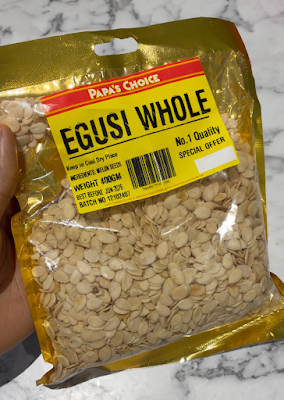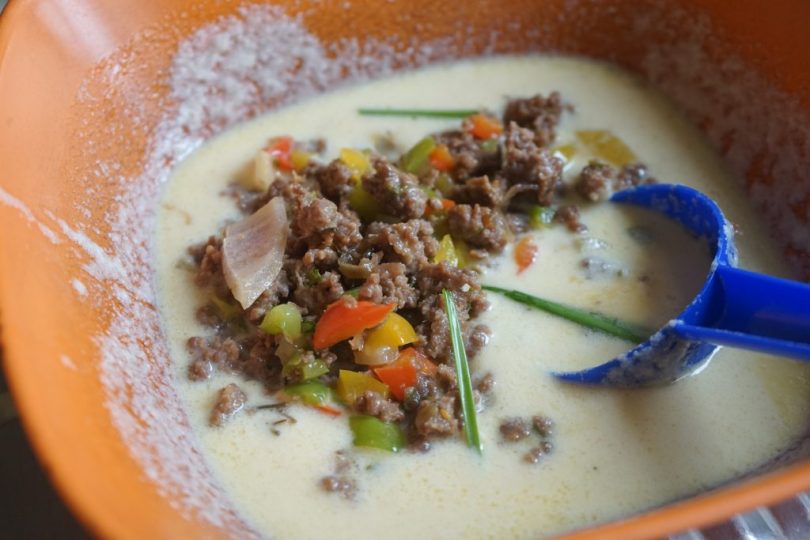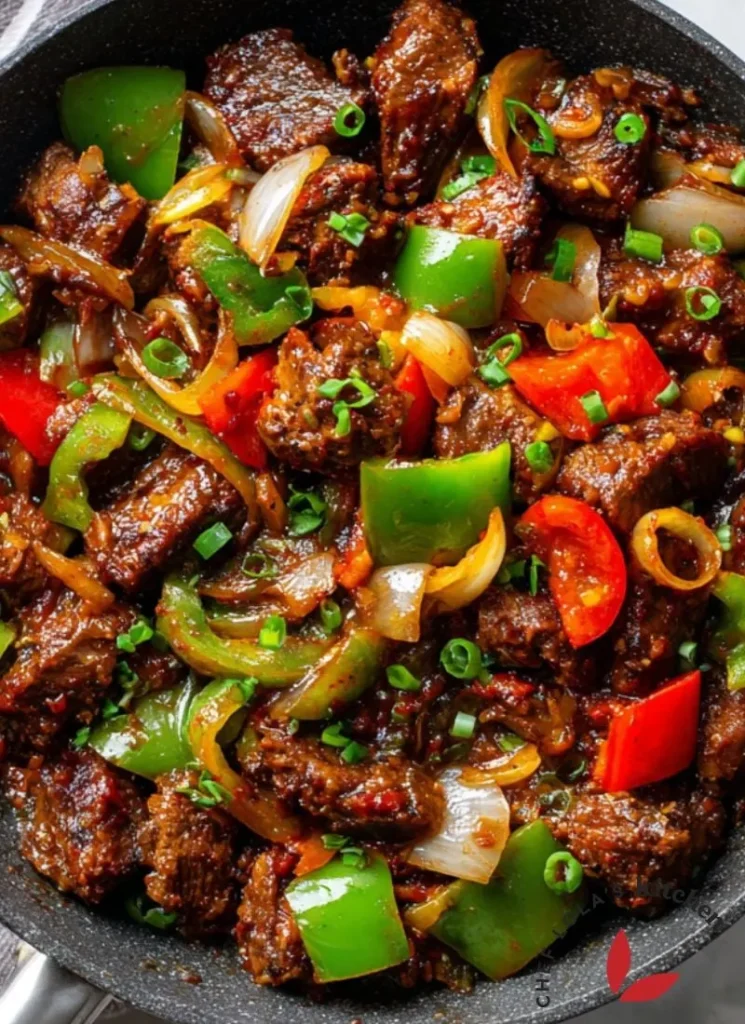Creating a soy-free alternative to tofu using egusi seeds presents an interesting culinary experiment. Egusi, derived from West African white-seed melon, offers promising nutritional benefits that make it an appealing candidate for plant-based protein alternatives.
While traditional tofu relies on soy protein’s unique properties, this experiment explores whether egusi’s high protein and fat content could yield similar results. Though the final product didn’t replicate tofu’s texture, it revealed potential applications as a dairy alternative.
Ingredients
- 2 cups egusi seeds
- 4 cups filtered water (for blending)
- 2 cups additional water (for straining)
- 1 tablespoon gypsum (calcium sulphate) – for second trial
- ½ cup water (for dissolving gypsum)
Steps to Follow
- Step 1: Soak egusi seeds in water for 6-8 hours or overnight
- Step 2: Drain soaked seeds and blend with 4 cups fresh water until smooth
- Step 3: Strain mixture through a nut milk bag to separate egusi milk from pulp
- Step 4: Heat the strained milk in a pot over medium heat
- Step 5: For second trial only: dissolve gypsum in ½ cup water and slowly add to heating milk
- Step 6: Continue heating until curds form
- Step 7: Strain curds through cheesecloth
- Step 8: Press curds in a tofu press or weighted mold for 30 minutes
Additional Instructions
- Prep time: 8 hours (including soaking)
- Cook time: 45 minutes
- Serves: 4-6 portions
- Store any unused egusi milk in refrigerator for up to 3 days
- The resulting product works better as a cheese alternative than tofu
- Consider using as a base for dairy-free feta or ricotta alternatives
- Allergy note: While soy-free, this recipe contains tree nuts/seeds
General Nutritional Values
- Calories: Approx. 250 kcal per 100g
- Protein: 28g per 100g
- Carbohydrates: 12g per 100g
- Fat: 50g per 100g
- Rich in minerals including magnesium, zinc, and iron
- High in vitamin E


